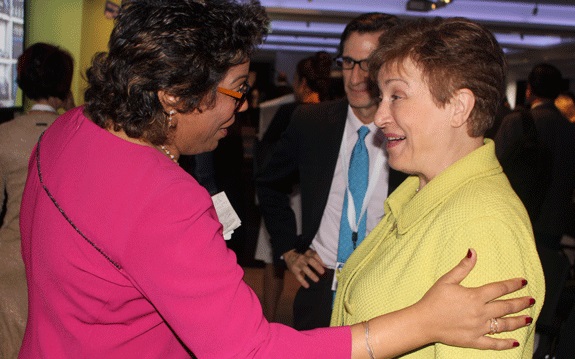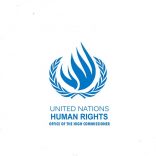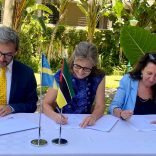Mozambique: Teachers threaten to boycott special exams
United Kingdom commits itself to supporting Mozambique’s family planning goals

Notícias
The UK announced this week in London its commitment to extend annual support to family planning services in Mozambique until 2022, measures which are estimated to save one woman’s life every 90 minutes.
The decision came out of the Family Planning Summit, co-hosted this week by the UK Department for International Development (DFID), the United Nations Population Fund (UNFPA) and the Bill and Melinda Gates Foundation.
DFID minister Priti Pate said the support aims to help eliminate barriers to effective family planning and facilitate access for millions of women and girls, particularly in developing countries.
This support will benefit countries such as Mozambique, which, Health Minister Nazira Abdula, said in London, will by 2020 have reached more than 300,000 adolescent girls with voluntary contraception services through programmes implemented in secondary schools. Thirty percent of the country’s health units are scheduled to be using an electronic logistics and inventory management system for goods and products, including contraceptives, by 2020.
In contrast with the 2012 Summit, also hosted in London, most of the participating countries this year presented new commitments covering teenagers.
Speaking on a panel covering adolescents, Minister Abdula spoke of the need to openly address the sexual and reproductive health of adolescents.
In Mozambique, 52 percent of Mozambicans are under the age of 18, a large portion of the population to cover. Support from the United Kingdom and the World Bank will help reach more than 90,000 adolescents with information, services and contraceptives by 2020.
Globally, the package will by 2020 allow developing countries to:
- Save the lives of more than 6,000 women a year through the prevention of perinatal deaths (one woman in every 90 minutes);
- Prevent more than 3 million abortions;
- Support nearly 20 million women with contraceptives;
- Help reverse more than 6 million unwanted pregnancies;
- Help prevent the trauma of 75,000 stillbirths and nearly 44,000 newborn deaths.
The pursuit of these objectives will transform the lives of many millions of people and give women choice and control over their future.
The UK calls for collaboration between governments, civil society and the private sector to jointly do more for family planning, both by providing more services and facilitating access to them, particularly in developing countries.












Leave a Reply
Be the First to Comment!
You must be logged in to post a comment.
You must be logged in to post a comment.